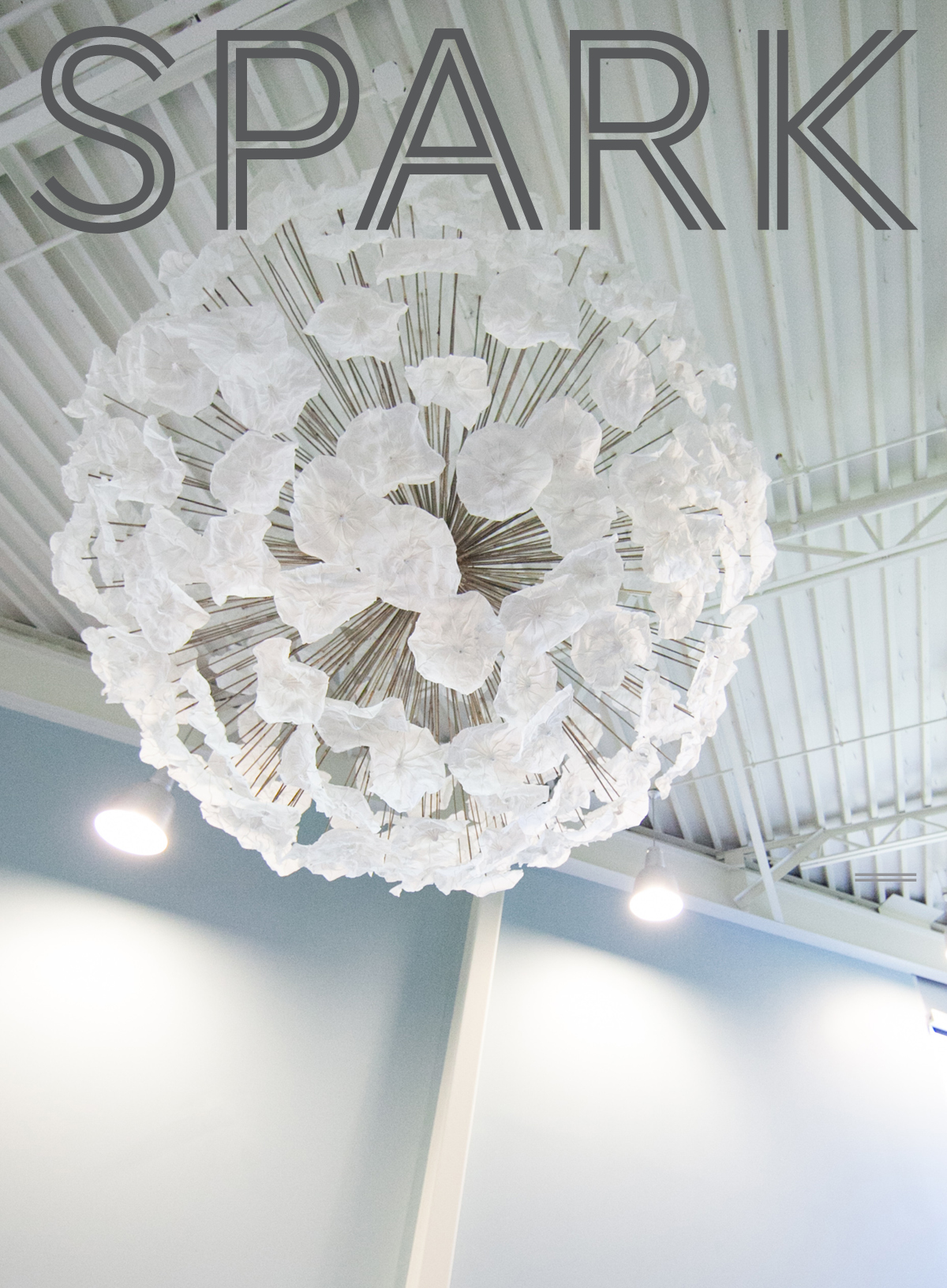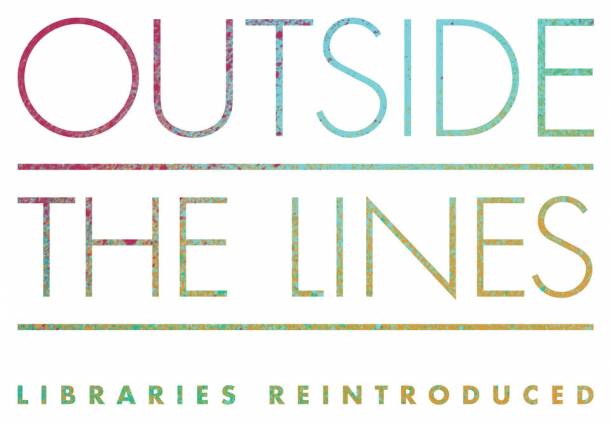Beyond the library walls

Libraries find new and innovative ways to connect with community
Libraries are all about community. Whether it’s providing access to technology, research resources or interactive programs, the library is a center for people of all ages and backgrounds to help find the fuel that feeds their passions. But that center doesn’t have to be confined to facility walls.
Libraries in Colorado and across the globe are finding new and innovative ways to reach out to their communities in the places where they’re needed most – whether that’s online, at a skate park or even a refugee camp.
 A pedal-powered library
A pedal-powered library
Denver Public Library employee and bicycle enthusiast Zac Laughleed had an idea that had been forming in his mind since his days in library school. It began with a quip to one of his professors:
“When I come to your class, I’m a bookmobile on a bike,” Laughleed remarked.
What started as a casual remark has developed into a reality in the form of the DPL Connect Bike, a 500-pound mobile library on a bicycle. Launched in spring of 2013, the DPL Connect Bike is designed to take the library beyond the walls of its physical location and out into the community. And, like the library itself, the resources it offers have adapted to include more than just books.
“DPL Connect is customized to events that it serves,” says Chris Henning, marketing and public relations manager for Denver Public Library. “Therefore, it is sometimes outfitted with giveaway books while other times it is stocked with event-specific lendable books, such as cookbooks and gardening books for local farmer’s markets. Always on board are the wireless hotspot router, giveaway items and a laptop for library card registrations.”
Be on the lookout for the DPL Connect Bike throughout the Denver metro area this summer. You can find out more about the DPL Connect Bike and its pitstops by following Denver Public Library on Facebook and Twitter.
A big Ideas Box
On the other side of the world, Libraries Without Borders is finding ways to expand this idea of connection and discovery to places and people in need. Founded in 2007, Libraries Without Borders is one of the leading non-governmental organizations supporting libraries in the world, servicing areas impacted by natural disasters, poverty and war with books and other educational resources.
After a massive earthquake struck the Caribbean country of Haiti in 2010, Libraries Without Borders teamed up with Haitian partners to set up 22 libraries in camps for internally displaced persons – those who are forced to flee their homes but remain within their country’s borders – and their success inspired the organization to embark on a new project.
“Very quickly, [the Haitian libraries] were embraced as secure spaces where adults could take time to exchange ideas and access news and other information, and children could read, imagine and play,” says Eric Parrie, executive director of Libraries Without Borders. “In the aftermath of the earthquake, we wanted to build on this success and find a way to bring a library experience to people in refugee camps. This was the inspiration for the Ideas Box.”
Created by world-renowned designer Phillipe Starck, the Ideas Box is an innovative device that delivers means for refugees to connect, learn, play and create. Fitting on two standard pallets and weighing approximately 1,800 pounds, the Ideas Box can be unpacked in 20 minutes by trained staff, providing a wide variety of materials – everything from laptops to furniture to video games.
Why video games at a refugee camp? For the more than 46 million refugees and displaced persons worldwide, there are a wide variety of needs that go beyond the basic humanitarian necessities of food, water, clothing and shelter.
“A refugee spends an average of 17 years in a camp,” notes Parrie. “Seventeen years during which he or she is not allowed to work and/or leave the camp, and is thus sentenced to inactivity and boredom. The Ideas Box affords individuals and their communities an opportunity to reclaim the cultural and intellectual dimensions of their lives.”
To achieve that goal, Libraries Without Borders includes more than just books in the Ideas Box. Inside, there are items like tablets, HD cameras, arts and crafts supplies, a built-in stage and a cinema module.
“Film, theater, graphic arts and other media offer individuals and communities the opportunity to learn, explore and, above all, create in a way that books cannot do alone,” adds Parrie.
Currently, Libraries Without Borders is raising the necessary funds to bring Ideas Box to the first 50,000 Syrian refugees in Jordan and Lebanon. You can find out more and donate to the cause at ideas-box.org.
Libraries Get Outside the Lines
To help promote the concept of libraries expanding beyond their physical walls – and to reintroduce communities to their local library and its services – organizations across North America (including Anythink) are participating in Outside the Lines, a weeklong celebration that highlights the innovation and creativity happening in libraries. From Sept. 14-20, 2014, libraries across the U.S. and Canada will host campaigns and events that get people thinking and talking about libraries in a whole new way.




Comments
My wife any I live very close
pastaloni - Jul 4 2014Lon – Thanks so much for your
Erica Grossman - Jul 8 2014